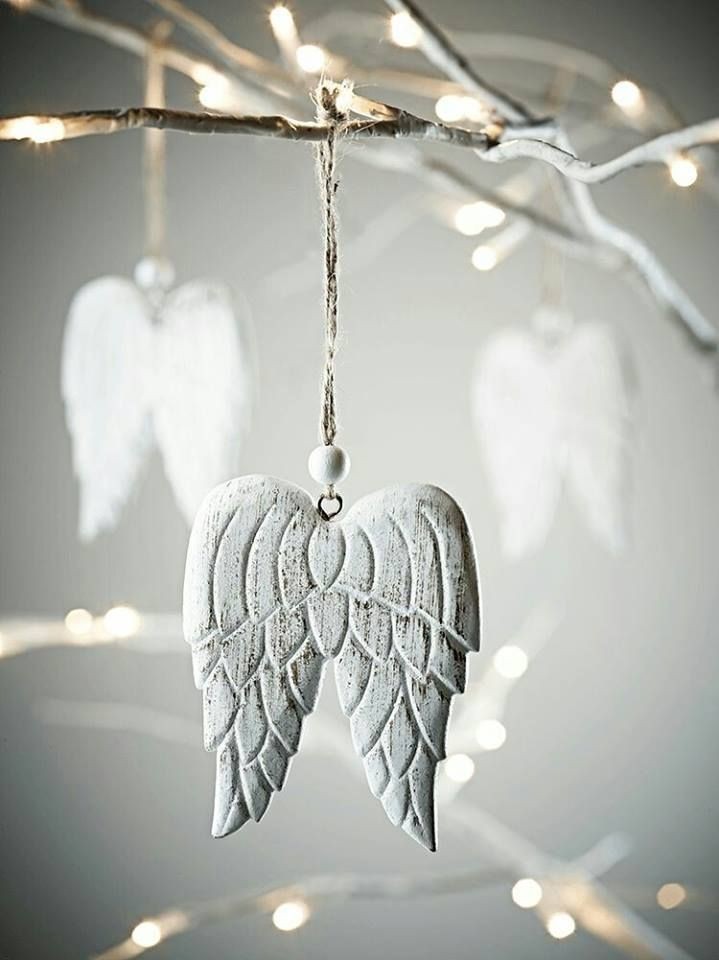Yoruba Stools: The Healing Seats of Wisdom
- Koöko Fleurs
- Nov 3, 2024
- 3 min read
Updated: Oct 3

Imagine a serene corner of a Yoruba village, where the tranquil whispers of nature and the rhythmic beats of drum ceremonies fill the air. Nestled in this environment are the iconic Yoruba stools, each one a masterpiece of art, culture, and healing. These stools are not mere objects of utility but profound symbols of the Yoruba people's rich heritage and spirituality.
Welcome to "The Healing Seats of Wisdom", a journey into the world of Yoruba stools and their medicinal values. Crafted with intricate details and deep symbolism, these stools hold the power to heal, inspire, and transform. In this article, we’ll explore their origins, uses, and significance in Yoruba art and spiritual practices.
Origins and Craftsmanship
The Yoruba people, predominantly found in Nigeria, have a rich tradition of woodcarving. Yoruba stools, often carved from a single block of wood, reflect the community's deep connection to their environment and spiritual beliefs. These stools are created by skilled artisans who inherit the craft through generations, each one adding their unique touch to the legacy.

Wear and Tear: Stories of Use
Yoruba stools are designed for everyday use, whether in homes, palaces, or community gatherings. Over time, the wear and tear on these stools tell stories of their extensive use and the lives they’ve touched. The smooth surfaces and worn edges are reminders of the countless moments of reflection, conversation, and ritual that have taken place upon them.
Symbolism and Yoruba Art
The intricate carvings on Yoruba stools are not merely decorative—they are imbued with deep symbolism. Common motifs include faces, animals, and geometric patterns, each with its own meaning. Faces often represent ancestors, connecting the user to their lineage and heritage. Animal motifs symbolize various qualities like strength, wisdom, and protection. Geometric patterns are believed to hold spiritual power, guiding the user in their journey through life.
Mindfulness and Spiritual Practices
Yoruba stools play a significant role in spiritual practices and rituals. Sitting on these stools during meditation or prayer sessions helps individuals ground themselves and connect with their inner being. The act of sitting mindfully, with awareness of the stool's history and symbolism, enhances the spiritual experience, fostering a sense of peace and clarity.
One fascinating fact about Yoruba medicinal values is their holistic approach, which seamlessly blends physical, emotional, and spiritual healing. This approach is not just about treating ailments; it's about nurturing balance and harmony in one's life. The Yoruba traditional medicine system integrates herbal remedies, divination, and rituals to promote overall well-being.
For instance, the Yoruba use various plants like "Ewe Akoko" (Newbouldia laevis) to treat wounds and infections, thanks to its antimicrobial properties. They also utilize "Ewe Aje (Vernonia amygdalina)", commonly known as bitter leaf, to combat conditions like fever and malaria due to its anti-inflammatory and antipyretic qualities.
The holistic nature of Yoruba medicine emphasizes that true healing involves the mind, body, and spirit working together in harmony. This age-old wisdom continues to inspire and guide the Yoruba people in their quest for health and balance.

Healing Rituals
Yoruba stools are often used in healing rituals, where their symbolic power is harnessed to promote physical and emotional well-being. During such rituals, the stools serve as focal points for invoking ancestral blessings and spiritual guidance. The connection to the stool's carvings, representing ancestors and deities, is believed to bring protection and healing.
The Yoruba stools, holds deep symbolism in both Christianity and traditional beliefs. It represents resurrection and new beginnings, embodying qualities of protection and healing. The intricate design and presence of the figures reflect the blending of religious and traditional beliefs, making it a significant symbol in both realms.
Creating a Healing Space
Integrating a Yoruba stool into your home can transform your space into a sanctuary of wisdom and healing. Its presence serves as a reminder of your heritage and spiritual connection, fostering a sense of grounding and peace. As you use the stool, engage in mindful practices that deepen your connection to its history and symbolism.
Expanding the Wisdom: Other Healing Artifacts
Beyond Yoruba stools, other artifacts like Senufo masks and Kwonro head crests hold incredible potential to enhance your spiritual and emotional well-being. Stay tuned for our upcoming article where we delve into the therapeutic benefits of these cultural treasures and how they can bring more wisdom into your life.
Let the whispers of these sacred seats guide you towards a brighter, more mindful future.












Comments